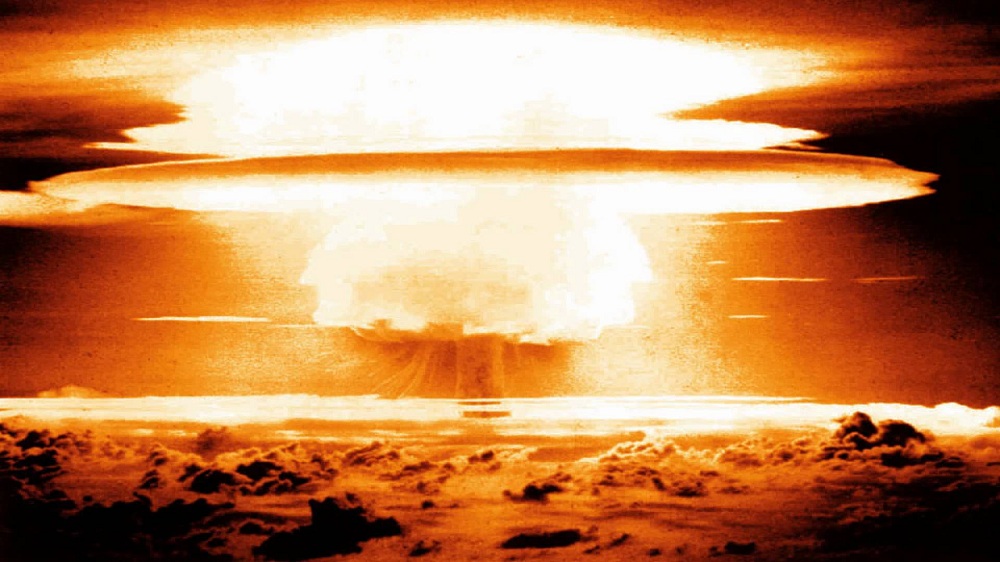Alwaght- A UN-linked institute warned that the possibility of a “nuclear weapon detonation event,” is now the highest it has been since the end of the Cold War.
"The threat of a nuclear weapon detonation event in 2017 is arguably at its highest in the 26 years since the collapse of the Soviet Union,” said the UN Institute for Disarmament Research (UNIDIR), RT reported.
Nuclear deterrence was, and still is, the backbone of the military strategies of many world powers. Overall, nine states – the US, Russia, China, the UK, France, India, Pakistan, North Korea, and Israeli regime – possess more than 15,000 warheads, and global investment in the modernization and development of new, more capable and mobile nuclear weapons continues to rise.
One of the major factors threatening global security is the current state of US-Russia relations, the researchers argued.
"The return of Cold War-like confrontational postures has hindered international cooperation and confidence-building,” the UN agency's a comprehensive study said.
Comparing today’s security environment to that during the Cold War, the authors argue that the bipolar world appeared to be more predictable, and therefore more secure. The so-called mutually assured destruction (MAD) principle proved sustainable, unlike “current geopolitical complexities and expanded club of nuclear actors [which] exacerbate the inherent dangers of nuclear deterrence.”
The 2010 review, which was written during the Obama administration, stated that “Russia and the United States are no longer adversaries” and listed nuclear terrorism as the biggest security threat. However, given how hostile relations between Moscow and Washington have recently become, this year’s document is expected to take a different stance.
Aside from uneasy relations between the US and Russia, the UNIDIR report cited the recent flare up in tensions on the Korean peninsula, where North Korea and the US continue to raise the stakes by flexing military muscle.
The report doesn’t see a reduction in America’s nuclear arsenal as a solution to worldwide nuclear tensions, however.
"Any weakening of the United States’ nuclear umbrella could spur further adventurism by adversaries and proliferation by allies,” the report claimed.
"Nuclear deterrence works – up until the time it will prove not to work… the risk is inherent and, when luck runs out, the results will be catastrophic,” it warns.



























